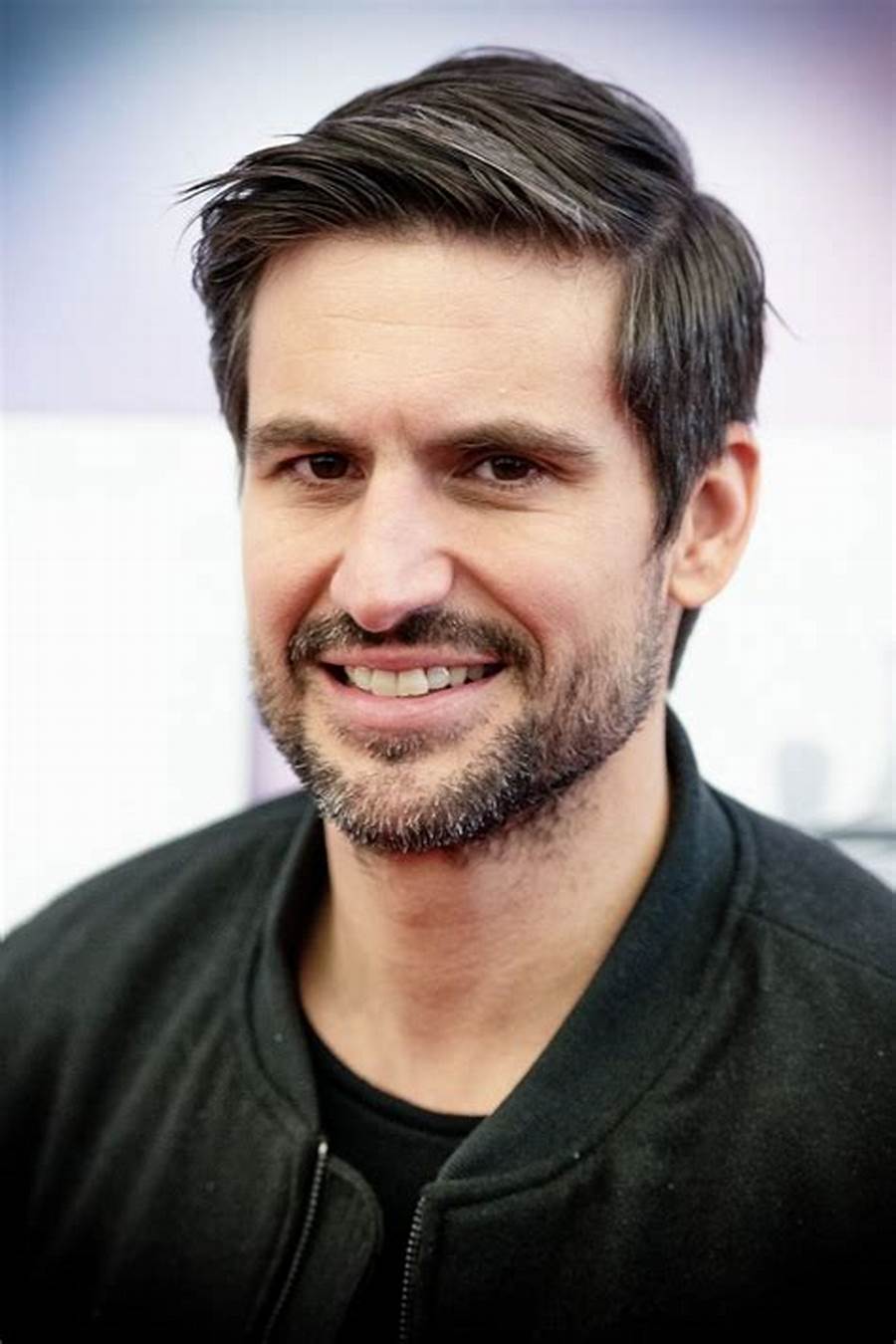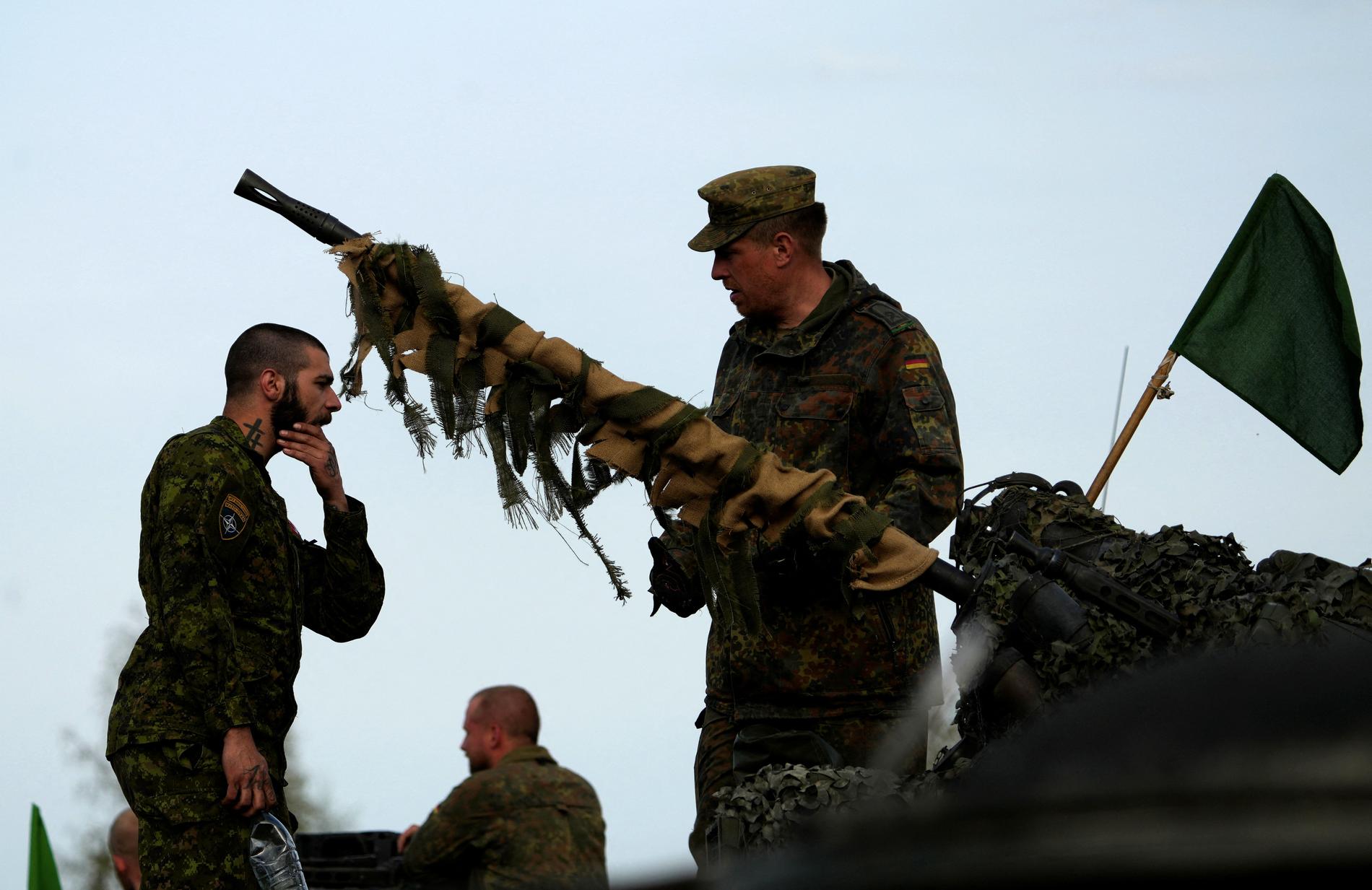Latvian Defense Minister strangles Germany: – Confidence is close to zero, says Artis Manufacturers.
The remarks were made at the Lennart Meri conference in Tallinn, Estonia on Sunday, where the debate was based on the security of the Baltic states after Russia’s war in Ukraine.
The former Soviet republics of Latvia, Lithuania and Estonia have been members of NATO since 2004. After the conflict in Ukraine in 2014, they called for increased support from the alliance.
– We are not afraid of Russian power. Like Finland, we are ready to defend our country. But we are concerned about the West’s weakness, Latvia’s defense minister said on Sunday.
Manufacturers believed that the Western response was inadequate, when Putin’s troops entered South Ossetia in Georgia in 2008 and when Russia invaded Ukraine’s Crimean peninsula in 2014.
At the meeting in Tallinn, he referred to February 24, when Russia again crossed the border into Ukraine.
Four hours later, American planes and troops have arrived in our country to strengthen their presence. Even in Trump’s time, our security cooperation worked flawlessly.
The defense minister said he then contacted Berlin, concerned about his country’s security.
– The answer is “We can’t do it, we don’t have it as a tradition”, said Factorys.
Kate Hansen Bundt, Secretary General of the Norwegian Atlantic Committee:
Because of its own history, Germany was reluctant to use military force. There are two truths in German foreign and defense policy: Never again – and never alone.
Bundt said the former meant that Germany would no longer be blamed for new wars, while the latter meant that in a defense context it always acted in concert with others, such as the European Union and NATO.
– Little to contribute
“The other thing is that Germany doesn’t have a lot of soldiers or a lot of military capacity to contribute, because they have long lacked funds for the defense of the country,” said the secretary-general.
In Tallinn, Factorys said the Baltic countries had been very friendly with Germany for decades.
– I think confidence in Germany is now close to zero. I would say that there is no German-Baltic policy. That’s my challenge: What Baltic policy does Berlin have?
Manufacturers himself said the immediate answer was that Germany had troops in Lithuania. There are about 900 troops in the NATO battalion led by Germany.
– But aside: What is Berlin’s policy for Riga?
– Great impatience
Factory said that when he was foreign minister in the 2000s, he received a German minister for Latvia – something he believes is his first official visit in 15 years.
– Is this a way to treat countries that are among the friendliest, who are very concerned about their security, who have such neighbors, Factory states with reference to Russia.
Robin Allers, professor in the Department of Defense Studies, thinks it’s fair to suggest that Germany cannot be trusted, for countries bordering Russia.
– There was great impatience with the Germans in the Baltic and Eastern Europe. They thought Germany was too long, too indecisive, too weak in military matters. And all of that is true.
Allers pointed out, on the other hand, that since 2016, Germany has had a permanent presence in Lithuania, is the largest maritime power in the Baltic Sea and has committed to spending more on defense.
Reason for trust
– Germany is in the self-examination phase. They admit they don’t take it seriously enough that many European countries feel threatened by Russia, Allers said.
Allers pointed out that Social Democrat Chancellor Olaf Scholz has repeatedly assured that Germany will defend every inch of the alliance.
– Germany struggles to convey what they do and how much they contribute. But the Baltic states have reason to have confidence that Germany will fulfill its obligations under NATO, Allers said.
Following the invasion of Ukraine, Chancellor Scholz pledged to meet NATO’s two percent defense target and set aside one trillion kroner in funds to strengthen defense.
Germany will also try to become independent of Russian energy.
– But the ruling Social Democrats are divided. A left-wing party that is largely pacifist is more likely to want dialogue with Russia, Bundt said.
– Ukraine a challenge
He said that Germany has always pursued policies based on the belief that dialogue, trade and economic relations will change Russia’s policies and improve relations with Russia.
– Ukraine has become a challenge for Germany. In other words, they support NATO, but they are still having heated discussions about what they can send for military equipment to Ukraine.
The Secretary General of the Atlantic Committee said it would take time to change the supertanker.
– And Germany is a supertanker, says Kate Hansen Bundt.
– Win our war
Latvia’s defense minister warned against making compromises that would mean Russian troops would remain on Ukrainian soil – as he believed that would be repeated in the next crisis.
– Finland and Sweden understand this clearly. If it ended like this, their safety would be challenged. We are a border country, which is why it is very sensitive for us.
Manufacturers believe a complete victory for Ukraine is the only option to end the war.
– They won our war, the Latvian Foreign Minister in Tallinn stressed on Sunday.

“Hardcore zombie fan. Incurable internet advocate. Subtly charming problem solver. Freelance twitter ninja.”






